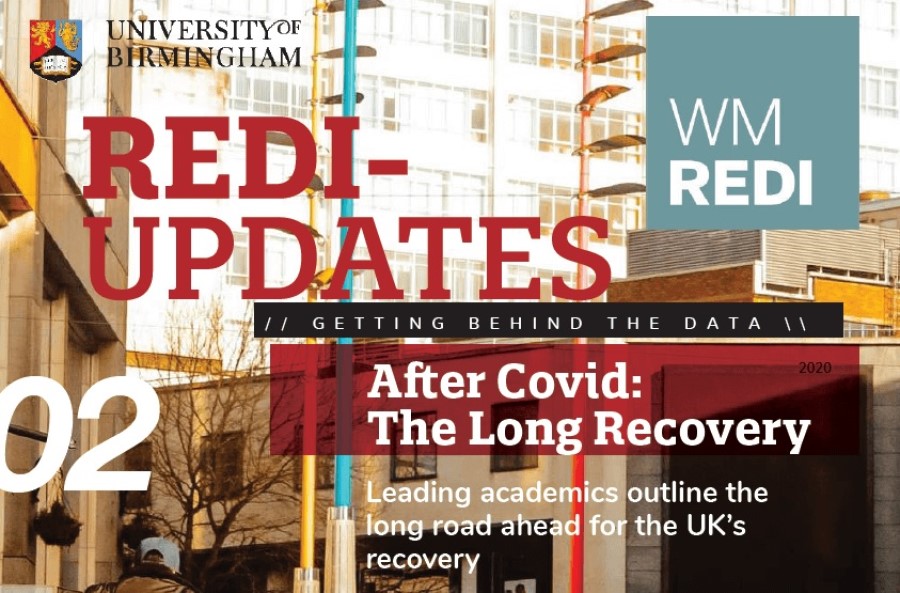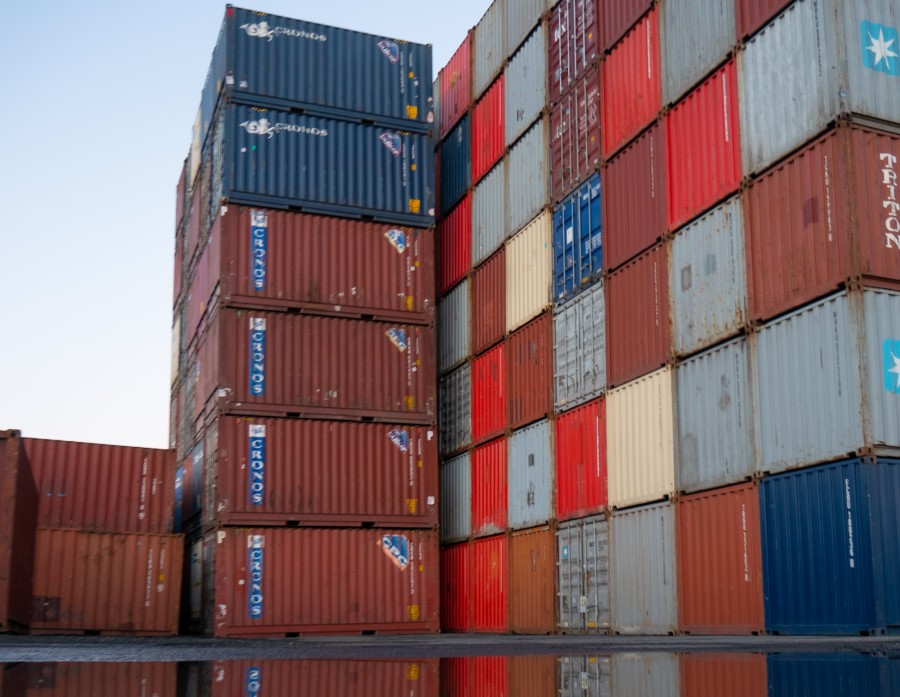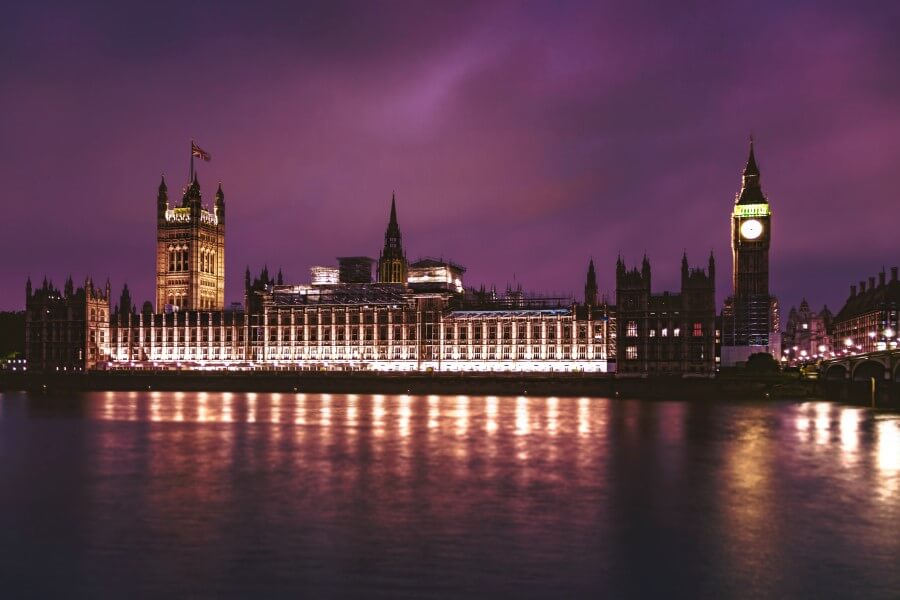
Welcome to REDI-Updates. REDI-Updates is a bi-annual publication which will get behind the data and translate it into understandable terms. In this edition, WM REDI staff and guest contributors will discuss some of the key topics when trying to understand the long-term economic impacts of the pandemic. In this article, Matthew Lowe, from the Black Country Chamber of Commerce writes about the critical importance of international trade in helping the West Midlands recover from the economic impact of COVID-19.
There has never been a more critical time for businesses here in the West Midlands to think about trading internationally. While localism may be the new globalism in the post-Covid world, trade – and international cooperation more generally – will be one of the key factors in driving our economic recovery. This pandemic has proven that we need markets and globalisation now more than ever.
As country after country closed non-essential businesses and introduced social distancing measures to curb the spread of the virus, the public health emergency evolved rapidly into an economic and social crisis.
Covid-19 demonstrates the interconnected and fragile nature of our economy. Countries today are highly interdependent and albeit much wealthier as the result of the global economy however as the world shut down, we are witnessing how much poorer we are in isolation.

As commodity prices and export earnings plummet, foreign investment dries up and remittances from overseas workers decline, both emerging and well-developed trading nations face growing financial distress. The World Trade Organisation (WTO) projects that world trade volumes this year will fall by between 13% and 32% subject to the spread of the virus.
However, there is the possibility of a strong recovery. The tenets of a strong economy are often resilient in times of crisis, even if the fuel line to the engine has been cut off. In 2019, the West Midlands region exported over £31 billion worth of goods around the world and for the first quarter of 2020, our region’s exports totalled a healthy, £7.1 billion, as a region of manufacturers we are good at selling what we make.
Trade is by no means a ‘cure-all’ remedy, it is a key complement to fiscal and monetary policy measures. This pandemic means that all three components -fiscal, monetary and trade- must work together to prevent a deep economic scaring on the West Midlands economy.
The state of the global economy critically depends on how the structure of global trade will be changed as a result of the pandemic. Global trade, however, was not in a strong position to begin with, burdened by protectionism and growing geopolitical tensions, mercantile trade was showing signs of decreasing long before this crisis emerged.

While there are those that support that this crisis should mean less trade in the future and the onshoring of supply chains, the rolling back of the free and open trade – which has been the catalyst for the world’s economic growth – would only harm our region’s recovery. Though some favoured industries might get short-term benefits from “political” attempts to create national supply chains, many more would lose out, and so would the consumers already beginning to feel the hit of economic recession. This would effectively hit the brakes on our recovery and governments that look inwards risk exacerbating these pre-existing issues.
Now is the time for the region to look outwards and reach new global markets.
We require policymakers in Whitehall to make good policy decisions and give businesses, households and entrepreneurs reasons to be confident about the future, removing those ingrained barriers to trade including restrictions and tariffs that are dampening efforts to increase production. We need policies that actively promote open trade, allowing the region’s innovators to flourish creating those much-needed new jobs and allow goods or services to reach those who need them in the most cost-effective ways.
While there are many good reasons for some reshoring of essential capabilities, it would be reckless to disregard the ability of our firms to develop resilient global supply chains. Sharing challenges and diversifying where we buy from and sell to can make us all more resilient.
Additional trade barriers would only further erode an already shattered business confidence and slow the much-needed investment to restart our local economy.
With the right conditions in place, West Midlands exporters could provide the shot in the arm for the local economy over the coming years. Yet the evidence suggests that exporters are still suffering from the impacts of prolonged Brexit uncertainty, a growing health crisis and weaker global trade.
We may have greater political certainty at Westminster with a strong majority led government, but this must now translate into clarity on the future trading relationships around the world. We need policymakers to champion the liberalisation of trade and support our world-class exporters here in the region to develop their supply chain resilience and to reach those new overseas markets.
This blog was written by Matthew Lowe, Policy & Lobbying Manager at Black Country Chamber of Commerce.
Disclaimer:
The opinions presented here belong to the author rather than the University of Birmingham.
To sign up for our blog mailing list, please click here.
